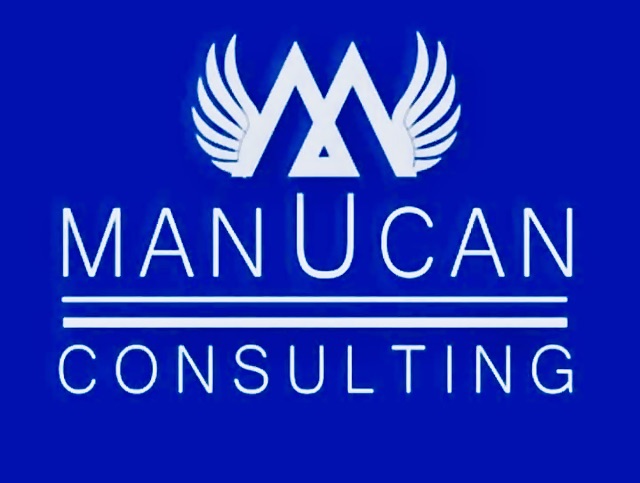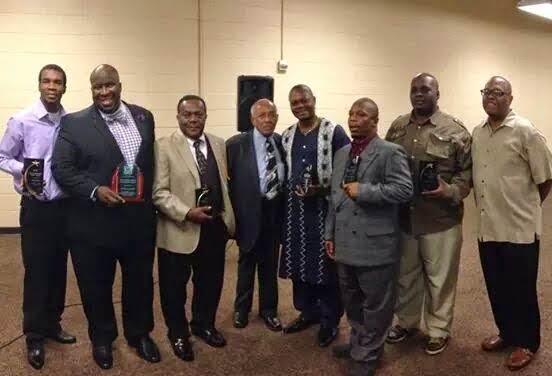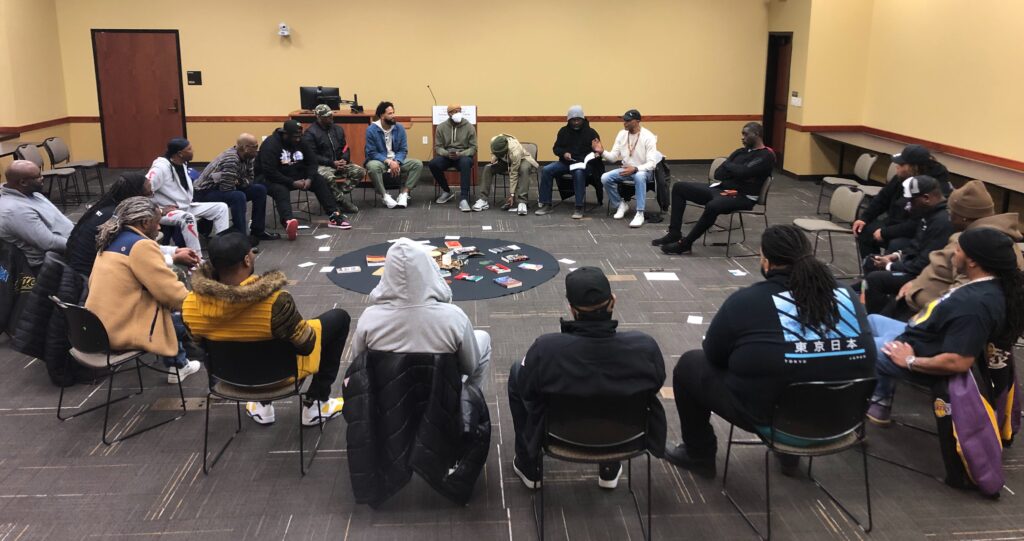ManUcan Consulting: Services for Justice-Impacted Individuals and Lifestyle Recovery Through Restorative Practices & Support
ManUcan Consulting offers a holistic and restorative approach to supporting justice-impacted individuals and those seeking lifestyle recovery. Our services foster healing, accountability, and successful reintegration into the community. We achieve this through restorative practices, social support, resource provision, and peer network development.
1. Restorative Practices:
- Restorative Justice Circles:
- Pre-Release Circles: Facilitating circles within correctional facilities to help individuals understand the impact of their actions, take responsibility, and begin the healing process before release. These circles can involve victims (if willing and safe), community members, and support individuals.
- Re-entry Circles: The community conducts these circles to support individuals post-release. They focus on building community connections, addressing reintegration challenges, and fostering accountability to personal goals.
- Circles for Harm Repair: Facilitating dialogues between individuals who have caused harm and those who have been harmed (when appropriate and with consent) to understand the impact, explore ways to repair the damage, and promote healing.
- Community Building Circles: Utilizing circles to build trust, strengthen relationships, and foster a sense of belonging within support networks and the wider community.
- Restorative Conferencing: Facilitating structured meetings between individuals impacted by harm to discuss what happened, the impact, and how to move forward. This can be used in various contexts related to justice and recovery.
- Conflict Resolution and Mediation: Employing restorative principles in mediation to help individuals navigate conflicts that focus on understanding needs, repairing relationships, and finding mutually agreeable solutions.
- Training and Workshops: Providing educational sessions on the principles and practices of restorative justice to justice-impacted individuals, their families, support networks, and community members to build understanding and capacity.
2. Social Support and Resources:
- Needs Assessment and Resource Navigation:
- Conducting individual assessments to identify specific needs related to housing, employment, healthcare (including mental health and substance use), education, and legal support.
- Connecting individuals with relevant community-based organizations, government agencies, and support services that can address these needs.
- Providing guidance and support in navigating complex systems and accessing available resources.
- Mentorship Programs: These programs match justice-impacted individuals and those in recovery with experienced mentors who can provide guidance, support, and encouragement during their reintegration journey. Mentors can offer practical advice, share their own experiences (where relevant), and serve as positive role models.
- Family Support Services: Recognizing the crucial role of family in successful reintegration, we offer resources and support to families, including:
- Information and education about the challenges of re-entry and recovery.
- Facilitated family dialogues to improve communication and understanding.
- Connections to family support groups and resources.
- Providing advocacy and support for fathers before, during, and after system impact.
3. Creating Networks of Peer Support:
- Facilitating Peer Support Groups: Establishing and facilitating peer-led support groups where individuals with shared experiences (e.g., those incarcerated, those in recovery) can connect, share their challenges and successes, and offer mutual support and encouragement.
- Training Peer Facilitators: Equipping individuals with the skills and knowledge to lead and facilitate their peer support groups, fostering sustainability, and expanding the reach of peer networks.
- Connecting Individuals to Existing Networks: Linking individuals to established peer support networks and community organizations.
- Building Online Communities: Utilizing secure online platforms to create virtual peer support networks, increasing accessibility and connection for individuals facing geographical or logistical barriers.
4. Providing Resources to Aid in Successful Reintegration:
- Practical Resource Kits: Compiling and providing information packets and resource guides covering essential topics such as housing options, job search strategies, legal aid, healthcare access, and community support services.
- Workshops on Life Skills: These workshops focused on developing essential life skills for successful reintegration, including budgeting, communication, conflict resolution, job readiness (resume writing, interview skills), and navigating social situations.
- Educational Materials: Providing access to relevant educational materials, including information on rights and responsibilities, navigating the legal system post-release, and relapse prevention strategies (for those in recovery).
- Technology Access and Training: Facilitating access to technology (e.g., computers, internet) and providing training on essential digital literacy skills needed for job searching, accessing resources, and staying connected.
5. Guided Journals and Workbooks:
- Purpose-Built Journals: Creating guided journals specifically designed to support reflection on past experiences, goal setting for the future, and processing emotions related to incarceration, recovery, and reintegration. These journals often incorporate restorative principles and prompts.
- Recovery Workbooks: Developing workbooks that provide structured exercises and activities to support individuals in their lifestyle recovery journey, addressing topics such as self-awareness, coping mechanisms, relapse prevention planning, and building healthy habits.
- Restorative Practices Workbooks: These workbooks guide individuals through basic restorative principles and provide practical exercises for applying them in their daily lives and relationships.
- Personalized Workbook Development: Tailoring journal and workbook content to meet the specific needs and goals of individuals or groups we serve.
By integrating these services, ManUcan Consulting aims to empower justice-impacted individuals and those in lifestyle recovery to heal from harm, build strong support systems, access essential resources, and successfully reintegrate into their communities, fostering safer and more connected environments for everyone.



